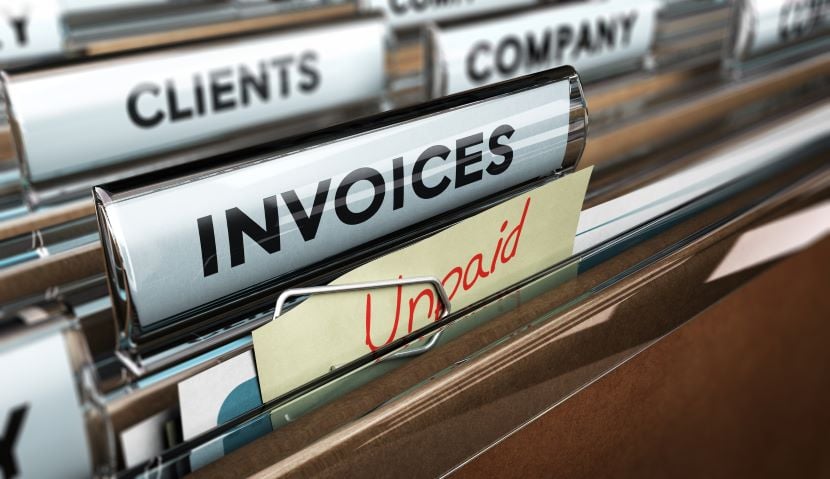Employers and organizations are beginning to move into a new normal after the COVID-19 pandemic response affected their businesses. With lockdown orders lifted and the phased approach to reopening, business owners and executives are seeking out ways to ramp up business quickly and keep their employees safe. Many companies furloughed or laid off staff and will be running at reduced staff levels for a period of time.
In this post, we offer predictions of tools and new strategies for B2B businesses to get back to work with reduced staff.
Retaining clients and customers is important for any business at any time. During times of uncertainty, it can be especially challenging. Clients may be unwilling or unable to commit due to financial concerns. You can still make efforts to keep these customers by changing how you work with them.
Here are best practices for customer retention during tough times.
Cash flow is critical to any business, no matter its size. With poor cash flow management, even a profitable business can end up in bankruptcy. If the amount of cash coming in is less than what's being spent, businesses are unable to make investments or will need to borrow money to stay afloat.
Getting your invoices paid on time is essential to positive cash flow. Read more to gain an understanding of cash flow and how cash flow management impacts your business.
This week, LinkedIn published a piece from their Workforce Confidence Index sharing that freelancers "reported lower confidence in their financial stability than the unemployed." As if we're not all inundated with enough bad news, there's no need to state the obvious. Most of us are shaken and concerned right now as nearly any business is affected by the pandemic. Even more interesting were the comments on the article from freelancers and entrepreneurs sharing their view of this crisis as an opportunity.
For freelancers, entrepreneurs and digital agencies, COVID-19 might be presenting more opportunities than expected.
When the Small Business Administration announced a forgivable loan program in response to the COVID-19 pandemic, small businesses and independent contractors rejoiced. The only requirements to qualify for the Paycheck Protection Program loan are fewer than 500 employees and to have been in business by February 15, 2020. If your growing business is economically affected or you're a freelancer who has lost clients due to the pandemic, this program was made to help.
Learn more about how PPP loans will improve your B2B operations and accounting.
When the Cheesecake Factory and other retailers have announced that they will not pay rent, it can give pause to small and growing businesses who need their invoices paid. During such an unprecedented time, most everyone is feeling the panic and stress about potential loss of cash flow. It doesn't seem like a good time to ask for payment from clients or customers who may be facing their own crises.
Is there a good way to ask for payment during the COVID-19 pandemic?
For freelancers, startups and small business owners, the COVID-19 pandemic likely has impacted daily life and your business. Startup funding is drying up, employees are being furloughed or in general, we're all living in a state of uncertainty. You may be wondering if there's anything that you can do that could save your business during a crisis.
Our advice - Don't Panic! You may be better off than you thought.
Steps you can take to save your business in a crisis.
During an economic downturn, it is not uncommon for accounting departments to notice an increase in DSO (Days Sales Outstanding). As receivables start to drift beyond payment terms, you’ll want to be sure your team is ready to act fast. Depending on the circumstances, the accounts receivable response may be varied from demand letters to payment plans.
In times of crisis, businesses can still expect client payments. Protect cash flow and revenue with these best practices.
Whether you're a freelancer, small business owner or employee, working from home can be quite an adjustment. It's easy to get distracted by laundry or other household to-do's and you're probably reading this because you know that already. With a couple of tweaks to your routine, you may find that you're more productive working from home than the office.
Here are tips to stay productive when you work from home.
When a client hasn't paid their invoice on time, business owners feel the pinch in their cash flow. Even if sales are being won and the work is being done, without timely payments from their customers, vendors, accounts payable and employees go unpaid. It takes time and resources to chase down payments, affecting efficiency and productivity as well. Instead of wondering if your clients are going to pay their invoices, take control of the situation proactively and in a non-threatening manner.













